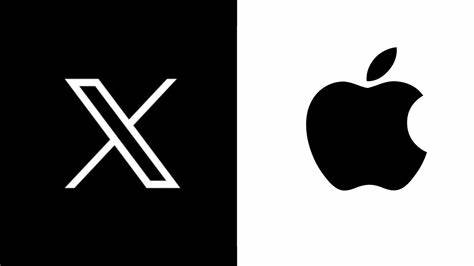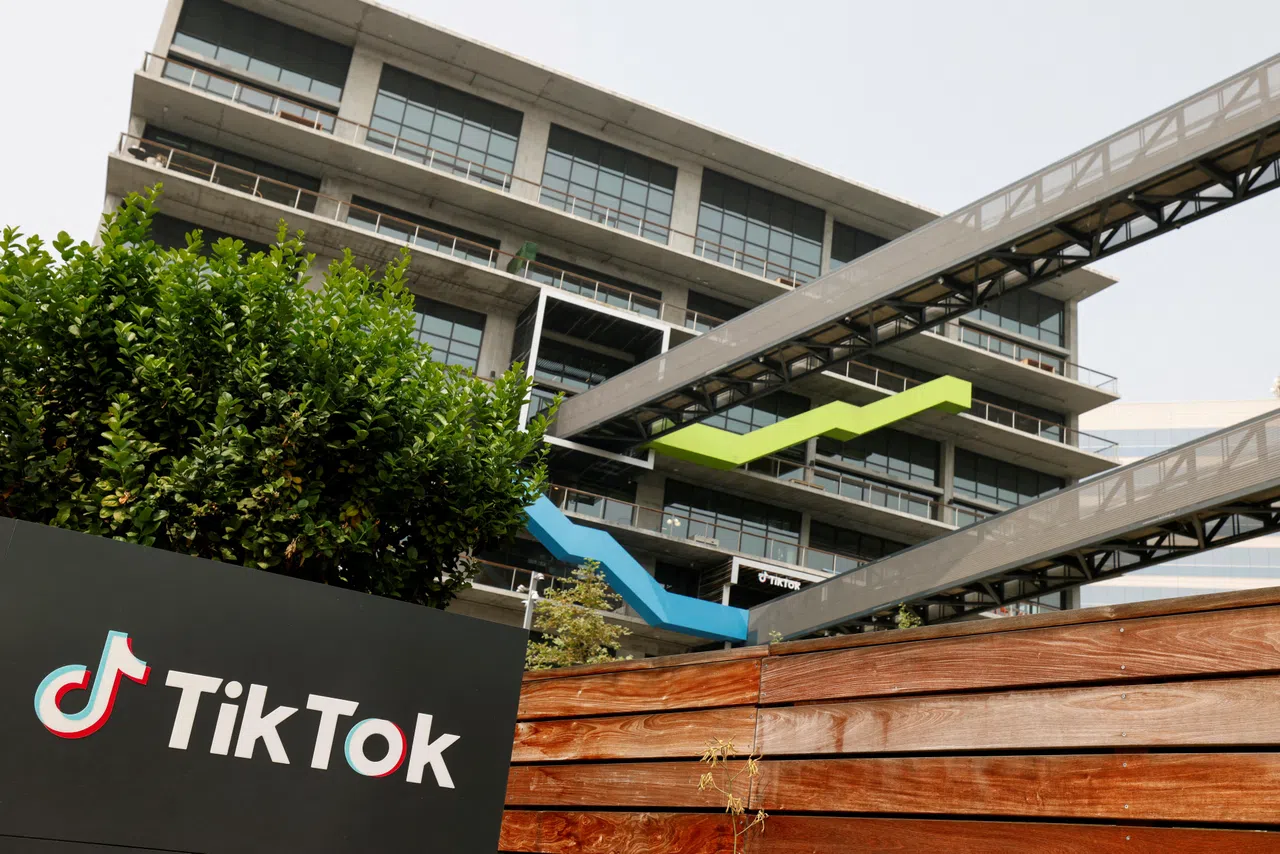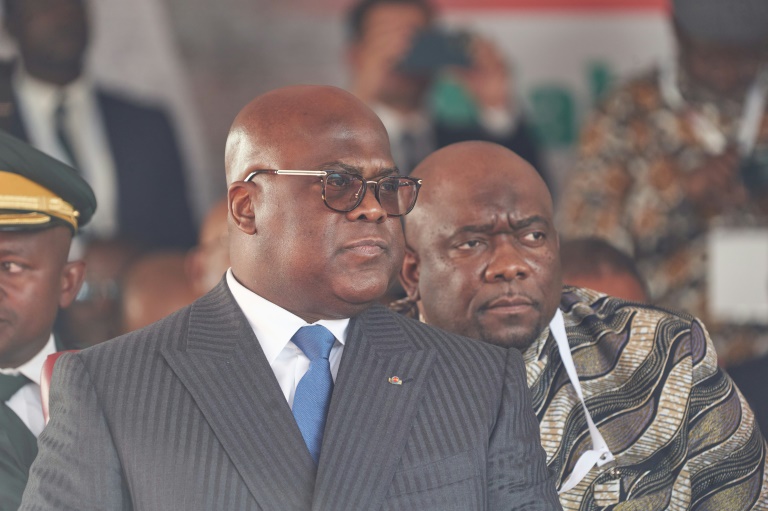Major advertisers, including tech giant Apple and entertainment powerhouse Disney, are pulling away from Elon Musk’s revamped social media platform, X, due to a surge in antisemitic content. Critics had previously warned about the potential consequences of Musk’s control over Twitter, now transformed into X, and it seems their fears are materializing.
X’s content policy ostensibly prohibits the dissemination of antisemitic and pro-Nazi content, explicitly banning content that references violence towards protected categories or victims, including genocides such as the Holocaust. However, antisemitic content continues to thrive on the platform, raising concerns about the effectiveness of X’s content moderation.
The controversy reached new heights when Elon Musk himself responded to a tweet echoing racist and antisemitic conspiracy theories, including the “great replacement” theory. This theory had been directly referenced by the gunman responsible for the 2018 antisemitic attack on a Pittsburgh synagogue, the deadliest in US history.

Musk’s comments drew widespread condemnation, including from the Anti-Defamation League (ADL) and the White House. The ADL labeled Musk’s claims as “dangerous,” especially amid a surge in antisemitism in the United States and globally.
Media Matters for America further fueled the controversy by revealing major brands like Apple, NBCUniversal, IBM, and had advertisements appearing alongside openly pro-Nazi tweets on X. The revelation prompted IBM to suspend all advertising on X, with Apple and Lions Gate Entertainment following suit.
Disney also joined the growing list of companies pausing spending on X, marking a breaking point for major advertisers already cautious about the platform’s future. While X’s leadership has presented a mix of apologetic and nonchalant responses, the company’s CEO, Linda Yaccarino, emphasized the platform’s commitment to combating antisemitism and discrimination.
Elon Musk, in his characteristic style, alternated between jokes and explanations. Despite clear guidelines against calls for extreme violence on X, concerns persist about the platform’s ability to enforce its terms of service effectively.
This recent controversy is not the first time X has faced accusations of enabling antisemitism. Musk’s previous threat to sue the ADL in September, accusing them of trying to undermine the platform with antisemitism allegations, adds another layer to the ongoing debate about free speech and responsibility on social media.
Allegations of X allowing neo-Nazis to profit from its creator revenue-sharing program and previous accusations of failing to remove flagged hate content underscore the platform’s struggle to address and prevent the spread of hate speech.
As the situation unfolds, X faces increasing scrutiny and challenges to prove its commitment to combating antisemitism and ensuring a safe environment for its users. The platform’s future hinges on its ability to address these concerns and regain the trust of both users and advertisers.







